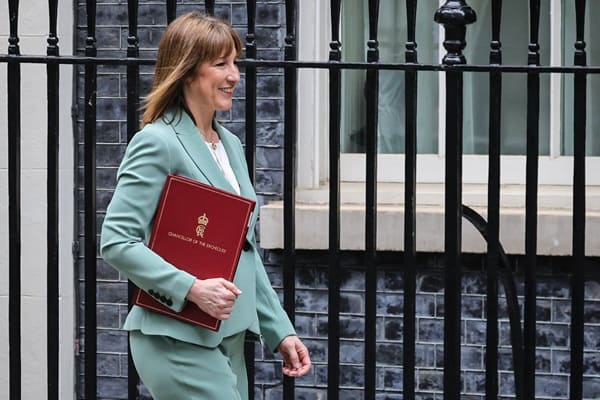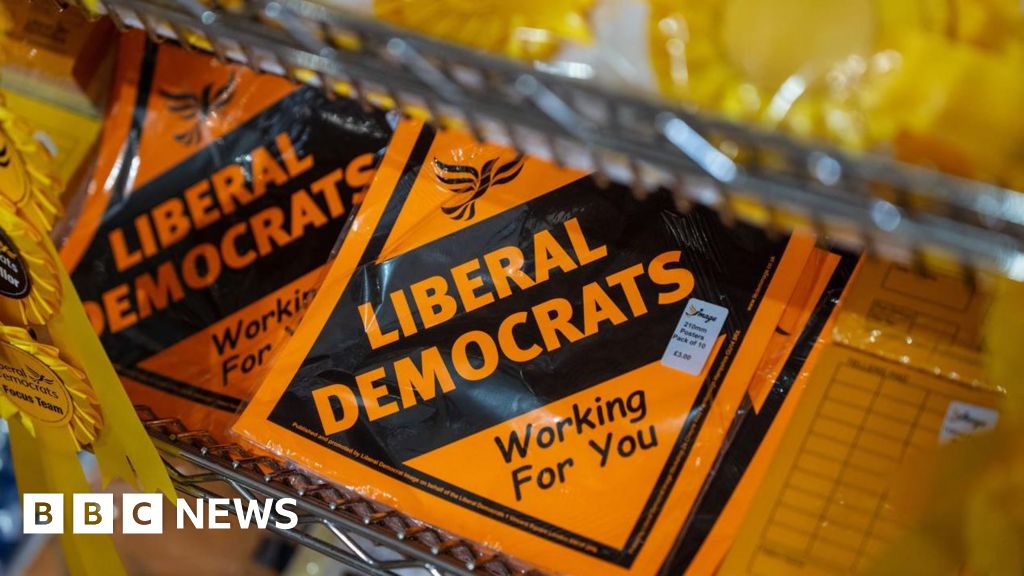UK news
fromIndependent
1 week agoYour money questions: Can I combine my private pension and an investment into a new plan to lower tax?
Capital gains tax applies to the €6,000 investment growth after the annual exemption, and pension withdrawals are taxed as income after a 25% tax-free lump sum, so staged drawdown can reduce marginal tax.
































